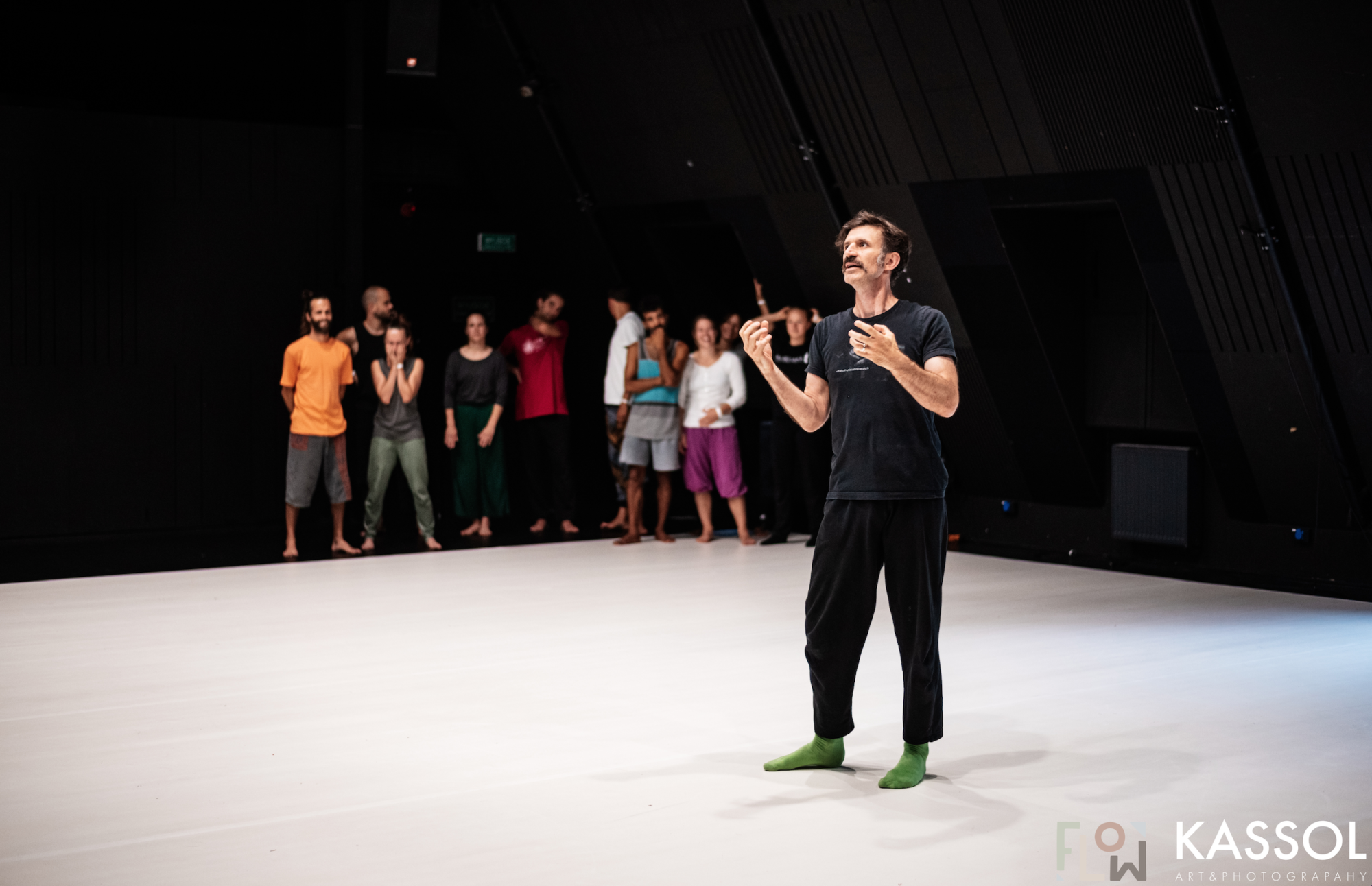In several journal articles that I have read, I sense the white male privilege and how it seeps through, even when the article is written by a well educated female, who hopefully has enough education to get beyond or out from under (pun not intended) the white male privilege.
[ _____ ] is always [ _____ ] of something
“performance is always performance of something”
“consciousness is always consciousness of something”
“plenty is always plenty of something”
“happiness is always happiness of something”
“poetry is always poetry of something”
“inference is always inference of something”
“singing is always singing of something”
“problematizing is always problematizing of something”
“crying is always crying of something”
“reading is always reading of something”
“need is always need of something”
“hope is always hope of something”
“dance is always dance of something”
“shouting is always shouting of something”
“writing is always writing of something”
“listening is always listening of something”
“wanting is always wanting of something”
“hate is always hate of something”
“sadness is always sadness of something”
“fear is always fear of something”
“lack is always lack of something”
“community is always community of something”
“painting is always painting of something”
“thinking is always thinking of something”
“eating is always eating of something”
“love is always love of something”
There is no theory.
There is no theory.
There is only practice.
What you do is your practice.
Whether you are sitting at a table or lying on the floor or doing push-ups or aligning your heels with your sitz bones or quoting dead lovers of knowledge, you are engaged in a practice. If you are repeating it, you are rehearsing it. If you are rehearsing it, it is your practice. If you are sitting around a table discussing the possibilities of choreography, you are practicing sitting around a table discussing possibilities. Why are you not stretching or sharing weight while discussing the possibilities of choreography?
It has been scientifically proven that those who sit more live shorter lives.
Do you want your practice to lead to a shorter life span?
one article
another article
a third article
This leads me to another point. Philosophy. Philo coming from the Latin for love and sophy from sophia mean knowledge or wisdom. Therefore, someone who loves knowledge is a philosopher. Anyone who is involved in a practice is therefore a philosopher. The more rigorous the practice the more rigorous the philosophy. Therefore anyone who has an interest, whether it’s comic books, ballet, baseball, anatomy, is a philosopher. He or she loves knowledge of a sort. It might not be knowledge that someone else finds particularly useful or valid, but it is still knowledge. Whether Green Lantern could survive an attack by the Silver Surfer is just as philosophical a discussion as an aesthetic and textual examination of King Lear.
A chef is a philosopher.
A soccer coach is a philosopher.
A hair dresser is a philosopher.
A rancher is a philosopher.
An eye doctor is a philosopher.
A second grade teacher is a philosopher.
A Shiatsu practitioner is a philosopher.
A forest ranger is a philosopher.
A stat quoting baseball fan is a philosopher.
A contact improviser is a philosopher.
